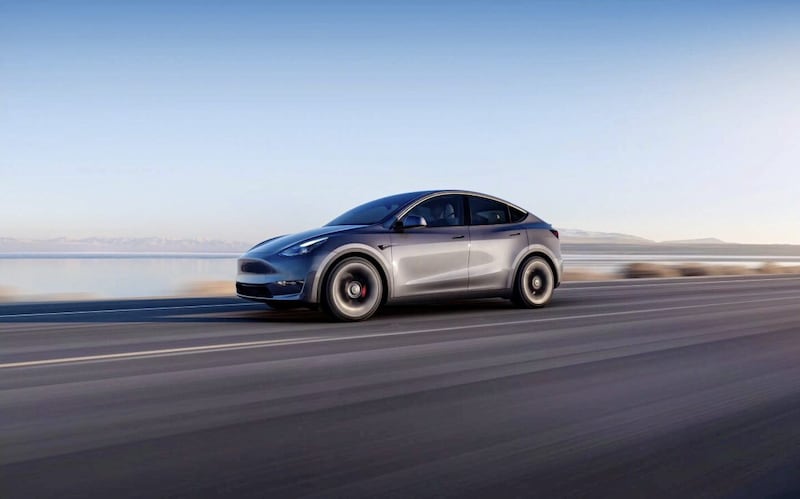EVEN before the unlamented Liz Truss and Kwasi Kwarteng set about deepening the already massive pothole in public finances with their clown car economic policies, it was inevitable that the government was going to have to find a way to extract more revenue from the drivers of electric vehicles.
It's reckoned that EVs will account for half of the UK new car market by 2025, which means the exchequer will lose out on lots of Vehicle Excise Duty receipts as well as fuel duty from people who currently dig deep to run petrol and diesel cars.
And if that 50 per cent market share is indeed achieved within three years, it'll also be a rapid fall in revenue; this year, EV market share is hovering at just under 15 per cent.
At the moment, the VED, colloquially referred to as road tax, paid on anything with an internal combustion engine ranges from as little as £10 to as much as £2,365 in the first year of registration. How much you pay varies on how many grammes of carbon dioxide your new car emits per kilometre travelled.
In the second year, internal combustion VED is a flat annual fee of £165 for petrol and diesel cars, with hybrids getting a tenner knocked off for good behaviour. The original cost of the car becomes a factor at this point, too. Anything that cost over £40,000 when it was new attracts a £355 surcharge, meaning annual VED rates of £510 for pricier hybrids and £520 for more expensive petrol and diesel cars.
Under the current regime, EVs aren't subject to VED because they have zero tailpipe emissions.
In his autumn statement last week, Chancellor Jeremy Hunt said that from 2025 EVs will no longer enjoy the exemption in order "to make our motoring tax system fairer".
From then, new EVs will be charged in the lowest VED band in the first 12 months of registration - currently £10 a year - and thereafter at the same rate as other cars. And given that so many electric cars cost more than £40k, they'll attract the £355 posh premium.

I'm not sure that anyone already considering an electric car will be especially put off by the prospect of having to pay VED - after all, they'll be paying tax on their current petrol or diesel car.
In any case, perhaps the biggest boost to EV take-up has been the incentive offered through benefit in kind rates, another of the government's tax levers.
This is currently set at 2 per cent until 2025, giving EVs a highly persuasive advantage over petrol or diesel rivals. Why pay BIK at 35 per cent for a company user-friendly BMW 3 Series diesel when you can pay just 2 per cent for an electric Tesla Model 3?
Mr Hunt is going to increase BIK on electric cars from 2025, though committed to keep the rise at 1 per cent per annum. Which still seems like a great deal compared to the rates on internal combustion alternatives...

In the greater scheme of things, the tax rises linked to EVs are relatively modest. And running a petrol or diesel car is only going to get more expensive. Although Mr Hunt didn't mention it in his autumn statement, the Office of Budget Responsibility's accompanying Economic and Fiscal Outlook report suggests the government is going to bring in a 23 per cent rise in fuel duty next March - equivalent to around 12 pence on every litre of petrol and diesel. This, the OBR says, will bring £5.7 billion in tax revenue.
There will be a lot of lobbying before then about whether the increase should be implemented. Fuel duty has been frozen since 2011, and the high cost of petrol and diesel - which rose rapidly this year - is already a serious worry for many motorists and their families.
Either way, stubbornly high fuel prices would seem to be a stronger push factor towards EVs than any VED changes are away from electric ownership.
Nor did the chancellor's statement address two significant barriers to wider EV ownership - high prices (subsidies have already been scrapped) and, especially in Northern Ireland, an inadequate charging infrastructure.






